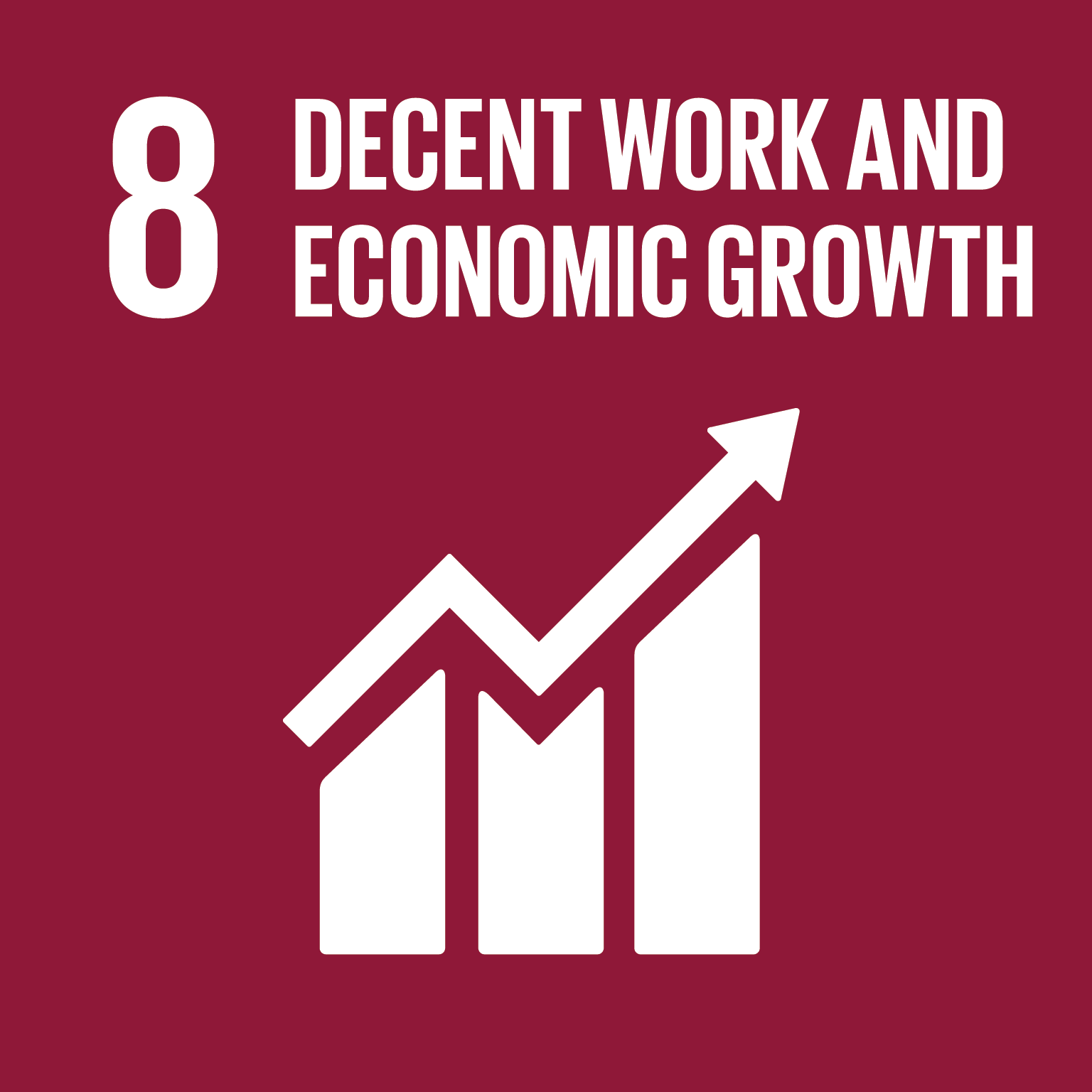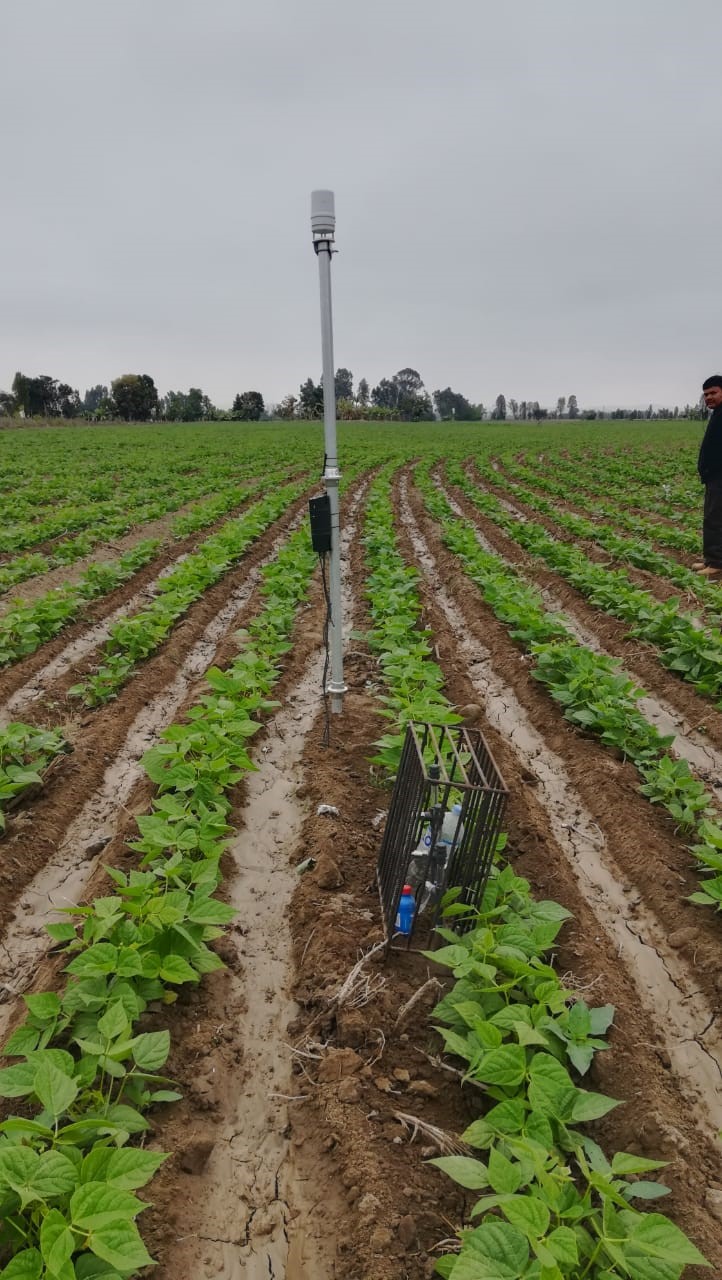+Cotton Project - Social technologies adapted for cotton producers
Social technologies adapted for cotton producers in Latin America and the Caribbean to improve production, income, services and inclusion
Challenges
In Latin America and the Caribbean, most cotton farmers work on small farms using traditional and manual methods to produce and harvest cotton. Small farmers depend on the hard work of their families to produce the food they eat and grow income-generating products, such as cotton. However, the low-tech methods used on these farms and lack of investment are not always well-suited to modern farming needs, such as controlling pests and disease and harvesting and processing cotton.
The lack of up-to-date and adapted high-yield farming equipment in smallholder farms limits output and farmers’ ability to meet the growing needs of their communities and markets. In diversified production schemes, farmers need access to new technologies and equipment to manage their farms, knowledge on cultivating food and cotton for added value, ways to generate income, access to rural services and concepts that can enhance their living and productive conditions.
Towards a Solution
To address the challenges above, the Food and Agriculture Organization of the United Nations (FAO), the Brazilian International Cooperation Agency (ABC) and seven partner countries (Argentina, Bolivia, Colombia, Ecuador, Haiti, Paraguay and Peru) are jointly implementing a South-South and triangular cooperation initiative, the +Cotton project, to strengthen the technical, management and organizational capacities of cotton farmers and technicians from crucial institutions in the sector, with a focus on environmental, social and economic sustainability.
Participating countries benefit from Brazil’s experience in promoting cotton production systems that use technology and innovation, such as cotton seeders, harvesters, ginning machines, digital agriculture and certified cotton seeds.
At the country level, the project is implemented by FAO and ABC via government institutions, such as ministries and other agencies, technical and research institutions and universities. The four main areas of action are social innovation, inclusive markets, sustainable technologies and strategic alliances. A work plan identifies each country’s requirements, and with technical assistance from Brazilian cooperating institutions and the regional and national coordination of the +Cotton project, the activities take place. The knowledge and technology offered by Brazil covers priority areas in the cotton value chain, from production to processing.
Through the +Cotton project, more than 100 Colombian students received training in digital and precision agriculture methodologies. More than 2,000 technicians were trained in Bolivia, Colombia, Ecuador, Paraguay and Peru on various topics, including good agricultural practices (soil preparation, seeding, fertilization, use of certified seed, technical irrigation, integrated pest management, growth control, harvesting and green manure) and technologies (mechanical seeders, drones, ginning, harvesters and cotton processing). More than 40 pieces of harvesting equipment were validated in field tests to measure adaptability to conditions in Ecuador, Paraguay and Peru. Ginning equipment was validated in Paraguay and Ecuador and irrigation efficiency technologies (tensiometers and IoT based equipment) in Peru. A single-line cotton picker for small areas is also under development; this is an innovation developed by the Brazilian Agricultural Research Company (EMBRAPA) that has already been validated in Brazil and implemented in Paraguay.
By accessing these technologies and training, partner countries have increased cotton production, improved farmer incomes and added value by selling cotton fibre that is now ginned, processed and stored rather than selling the raw product directly after harvesting. Average yield increased by 41 percent, water use for irrigation decreased by 50 percent and profitability compared to neighbouring cotton crops increased by 53 percent, with a 100 percent profitability for food crops.
For the project to be sustainable, countries must invest in infrastructure and training for cotton farmers. Partners countries indeed made advancements in formulating national cotton plans and improving their competitiveness strategies. In Bolivia, the +Cotton project supported the elaboration of a National Programme for Bolivian cotton production. Peru likewise developed a National Cotton Plan under the leadership of the Ministry of Agrarian Development and Irrigation, together with the +Cotton Project and Piura University. Colombia positioned cotton as one of the government’s ten priority crops in the National Development Plan of the Ministry of Agriculture and Rural Development.
Because of the productive similarities and needs of other countries in the region, the +Cotton project is replicable not only in Latin America and the Caribbean but possibly also in other world regions, such as Africa and Asia. Incorporating more countries in this cooperation and promoting the wider exchange of technologies and knowledge among countries can further strengthen the project, and ABC is already working on such an expansion.
The lessons learned included that addressing the basic needs of rural agriculture and populations relies on government commitment and focus on rural agricultural technologies that foster independent innovation, enrich field pilots, improve production and enhance farm management. This requires government guidance, market leadership and social participation in an integrated and balanced environment and demands access to the internet and agricultural information and the involvement of farmers and rural associations.
Contact Information
Adriana Gregolin, Regional Project Coordinator, FAO Regional Office for Latin America and the Caribbean
Countries involved
Argentina, Bolivia (Plurinational State of), Brazil, Colombia, Ecuador, Haiti, Paraguay, Peru
Nominated By
Food and Agriculture Organization of the United Nations (FAO)
Supported By
FAO, Brazilian Agricultural Research Corporation (EMBRAPA), National Institute for Agricultural and Forestry Innovation (INIAF) of Bolivia, National Institute of Agricultural Research (INIAP), National Institute for Agrarian Innovation (INIA) of Ecuador, Paraguayan Institute of Agricultural Technology (IPTA), Colombian agricultural research corporation (AGROSAVIA).
Implementing Entities
FAO, Brazilian Cooperation Agency (ABC; affiliated to the Ministry of External Relations)
Project Status
Completed
Project Period
9/2018 - 12/2022
Sectors
Agriculture, Food and Rural Development, Science, Technology & Innovation, Capacity Building
URL of the practice
https://www.fao.org/in-action/programa-brasil-fao/proyectos/sector-algodonero/es/Primary SDG
02 - Zero Hunger
Secondary SDGs
01 - No Poverty
Primary SDG Targets
2.1 2.3 2.4 2.aSimilar Solutions








